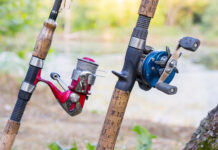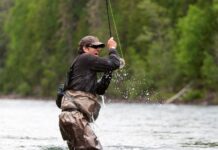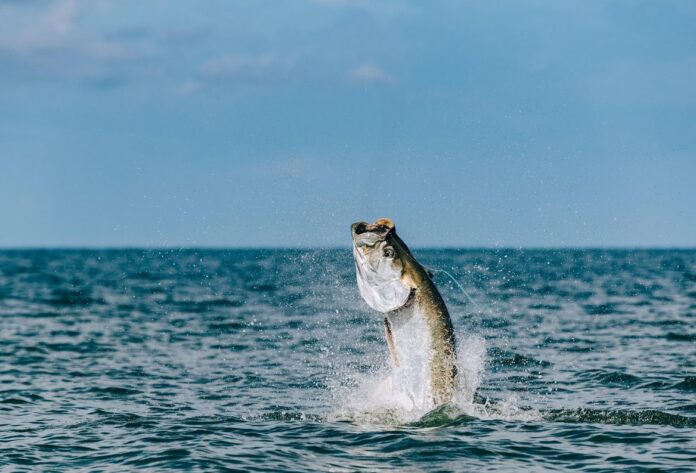
Fishing is a sport that involves a lot of skill. It’s gear-heavy, taxing and exhilarating, and it also requires a certain level of expertise. It’s why many anglers get into the sport. They’re looking for that thrilling blend of science, technical skill, nature and chance that fishing brings.
The only way to learn new skills is to be attentive and absorb the information either firsthand, through experience or by reading about it. When learning any new skills, you should also pay attention to what you should avoid.
Here are the top 10 mistakes anglers can make when they’re on the ocean.
1. Using Bad Bait
Some anglers prefer using live bait to artificial lures. With lures, you have to reel them in and reset them continually, but you need to give equal care to your baitfish. The fish you’re after have their pick of the ocean, so you have to use something to attract them.
Look for baitfish that are responsive and healthy-looking and avoid buying any that are bloated or reddish. Also, avoid overfilling your livewell or bait tank, or you may find that all your baitfish have died before you’ve even left the dock.
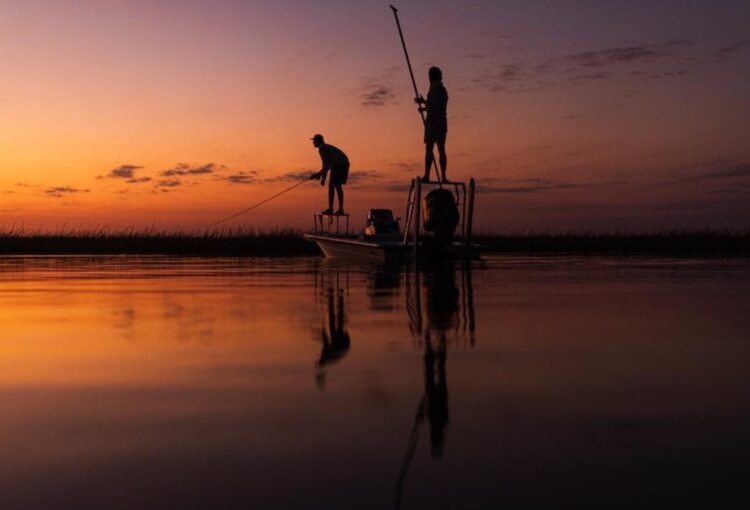
2. Not Checking the Drag
Two hinged plates inside your reel provide friction on the line–the drag–so that when a fish pulls hard enough on it, the resistance is overcome and the reel reverses, letting line out. The drag is what keeps your line from snapping any time a big one gives a massive tug.
Before any fishing expedition, remove and clean any of the drags that apply pressure unevenly. When you store your reels for the offseason, back off all your drags so they don’t stick, but remember to reset them at the beginning of the next fishing season.
3. Using Shoddy Line
A lot of fish are lost due to broken lines. Inspect all the lines you’re going out with for chafed areas or vulnerable parts. It may help reduce the number of tangles, snarls and dreaded wind knots that often occur on spinning reels.
While you’re checking your kit, make sure your reel spins freely and without a hitch. It may only seem like a small problem before the trip, but when you’re fighting for every inch of line, there’s no room for mistakes.
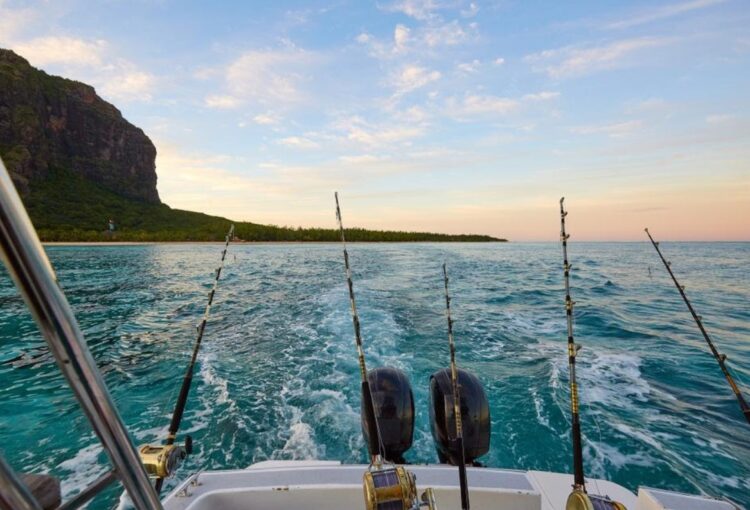
4. Avoiding Cover
Many saltwater anglers make the mistake of avoiding cover for fear of snagging a lure or breaking a line. Inlets, piers and rocky outcropping make excellent hiding spots that many saltwater species of fish prefer.
Perfect your fishing techniques around tricky spots, and you can expect to get quite a few hits on your lure.
5. Leaving Active Rods Unattended
If you have so many lines in the water that you’re missing strikes, either cut down on the lines you have out at one time or keep a better watch on the ones you do have.
Unattended rods can result in wasted bait and time and can even result in tangled lines or damaged equipment.
6. Not Keeping the Line Taut
When you finally have a live one on the line, don’t make the mistake of letting your line slacken while you fight the fish. Allowing slack in the line often culminates in a snapped line and escaped opportunity. Allowing slack in the line often culminates in a snapped line and escaped opportunity. And if you need any help, you can find out everything on meltontackle.
Keep your line tight, whether you’re reeling in or pulling back and maintain the same bend in your rod.
7. High-Sticking
A similar mistake has to do with rod placement. If you have a fighter on the line and are pulling back, but get your rod tip too far back, you’re fighting that fish with just your rod tip. This type of high-sticking makes you work harder and decreases your leverage. It very often ends up as a broken rod.
Instead, work efficiently by letting your whole rod play a role in the battle. Keep your rod in front of you and put an even amount of pressure on the fish through your taut line. It’s a delicate back-and-forth dance as you bring that fish closer to you, but maintain constant tension on your prey.
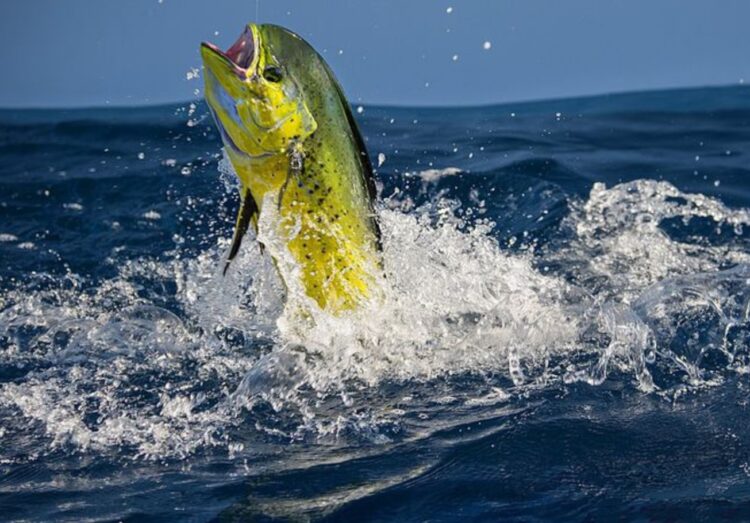
8. Fishing with an Under Spooled Reel
You might have the best performance fishing gear on the water, but if you’ve under spooled your reel, you’re doing yourself a great disservice.
Some novices, despite the recommendations on the reel itself, will use less line. If you don’t have enough line on your reel, you won’t have a chance of landing the Big One.
Always make sure you have the recommended amount of line on your reel so you don’t lose all your line and the fish, too.
9. Letting a Rookie Handle the Gaff
It may seem simple to a novice to swoop in with a gaff at the end of a long struggle and hook the flailing fish, but anyone who has ever tried to gaff a fish knows that it’s not that easy. It may look like an uncomplicated procedure, but there are many changeable variables at work–like current, wave motion and the thrashing of the fish.
You’re better off, if it’s your fish on the hook, handing your rod off and gaffing the fish yourself. Or, if the gaffer asks for advice, throw a lot of direction and encouragement their way.
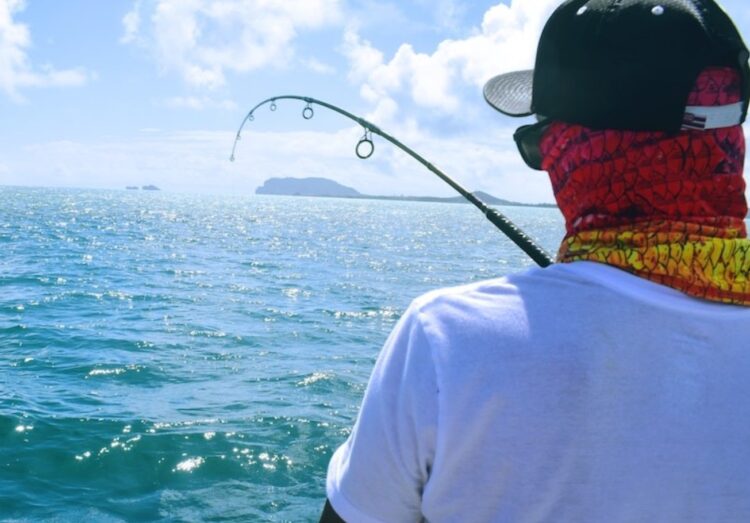
10. Using the Wrong Equipment
There are many different hook and lure types, and each is made with a specific aim in mind. If you’re serious about saltwater angling, bone up on the types of lures the fish you’re angling for are attracted to the most.
Hooks are essential, too. There are a wide variety of hooks, and you should make sure the use of the hook is compatible with the fish you’re trying to find.
Certain combinations of rods and reels don’t work well together, so you want to ensure that you’re using the right rod with the right reel. Additionally, not all rods and reels were designed for all styles of fishing. Some are designed for deep-sea angling and others are more suited to fishing in places with obstacles and vegetation.
The Takeaway
One of fishing’s mightiest draws is its uncommon blend of lore, wisdom, technical prowess and skill. Take the advice of experienced veterans of the sport and equip yourself with quality gear to make the most of your trip. Ensure you are well-prepared and have been attentive to your kit to avoid any common saltwater fishing mistakes. Although some of these may seem like common sense, every good angler knows that nothing is as it appears on the surface.

